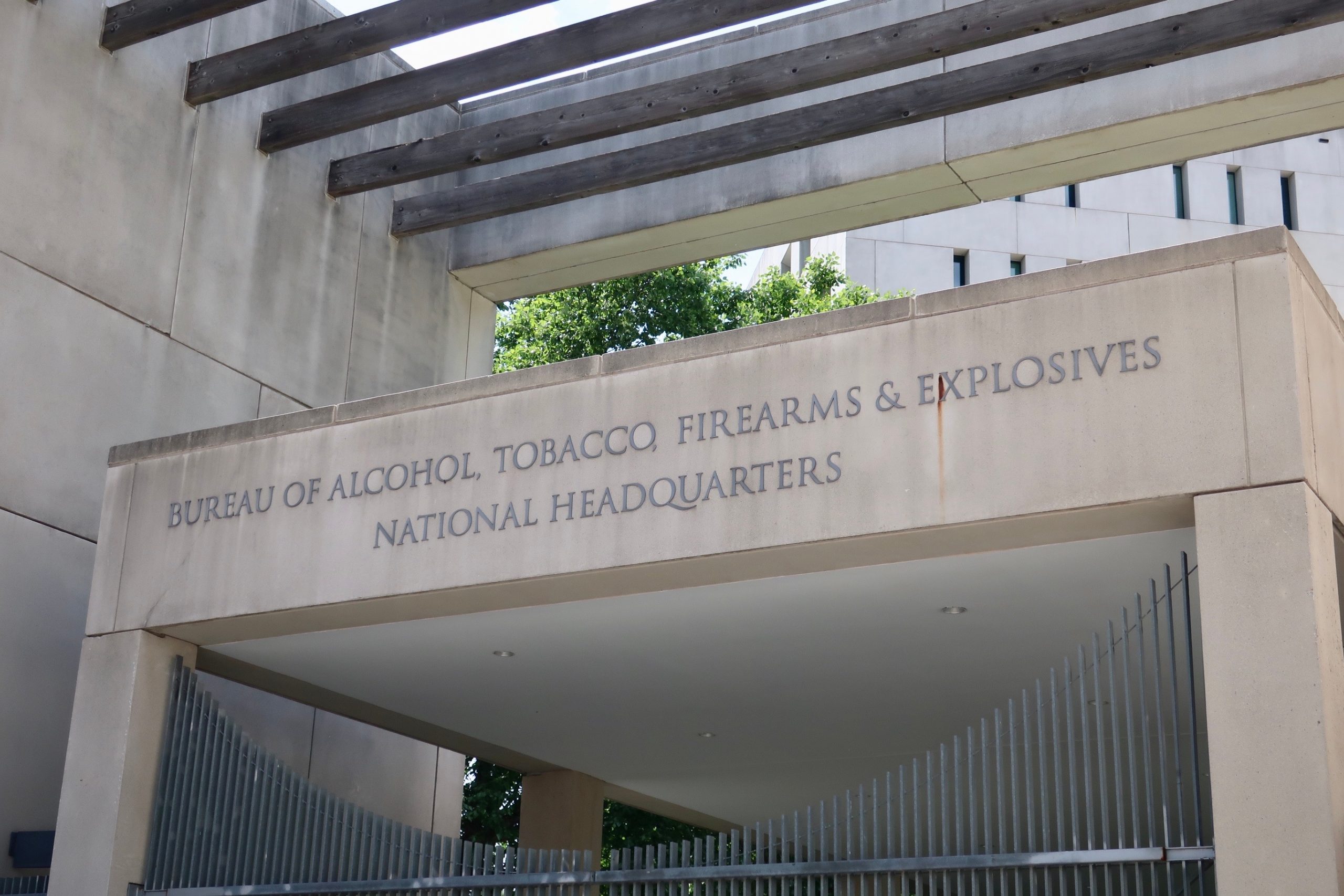Western Apache group asks court to block approval for copper mine on sacred site
Petitions for the Week
on November 21, 2024
at 12:00 pm
The Petition of the Week column highlights a few of the cert petitions that were recently filed at the Supreme Court. Here is a list of all petitions that we are watching. As long as Congress doesn’t discriminate against any particular faith, the Supreme Court allows the legislative branch to run internal government operations, even when they affect religious worship. This week, we highlight petitions that ask the court to consider, among other things, whether Congress can hand over part of a national forest in Arizona that is sacred to the San Carlos Apache Tribe to a private company seeking to mine the land for copper.
Located about 100 miles east of Phoenix, the San Carlos Apache Reservation is home to a number of bands of the Western Apache people. Tonto National Forest is the largest forest in Arizona and lies between Phoenix and the reservation. As it does with many federal lands, the U.S. Forest Service has long sold or leased portions of the forest to mining, timber, and other companies.
Roughly halfway along the drive from Phoenix sits the Oak Flat campground, a 760-acre section of the forest that Congress cordoned off from private development in the 1950s. Oak Flat is the sacred site for ceremonies and the corridor to the Creator. For the Western Apaches, Oak Flat (also known as Chi’chil Bildagoteel) is the only place where they can conduct these ceremonies. Since the early 1990s, prospectors found the world’s third-largest copper deposit below the Tonto National Forest. Resolution Mining, a mining company owned by a private company, negotiated with the Forest Service for the rights to mine the copper. Since 2005, Arizona’s congressional delegation has repeatedly introduced legislation to transfer Oak Flat to Resolution Mining. In spite of initial failures, Congress added a provision in 2014 to a major spending measure, known as an appropriations riders, authorizing the land exchange between Resolution Mining and the Forest Service. Included in the land Resolution Mining is set to receive is the Oak Flat campground.
The law authorizing the land exchange required (among other things) an environmental impact statement assessing the effects of the transfer. The Forest Service published its impact statement in 2021, which triggered a 60-day window to transfer the land. The group argued the land exchange would violate the tribe’s First Amendment rights to free exercise of religion because a copper mine under Oak Flat would destroy it as sacred site. The group also argued that the exchange would violate 1993 Religious Freedom Restoration Act which requires courts closely scrutinize federal acts that “substantially hinder” religious freedom. The court of appeals ruled that the 1988 Supreme Court ruling allowing Congress to sell public lands sacred to an indigenous tribal group for timber development precludes any First Amendment challenge. The court of appeals argued that, as in the 1988 Supreme Court decision, even though the transfer would “significantly interfere” with the tribe’s right to practice religion, government actions were not a violation of the Constitution, since they did not “coerce”, members of the tribal group “into acting in a manner contrary to their religious beliefs.” It argues that a “substantial
” burden on religious worship is a measure that, like destroying Oak Flat in order to mine copper, would effectively prohibit this worship. The group also argues that RFRA overrides a Supreme Court decision made in 1993 on public lands because the decision only applied to laws that were incidentally burdensome to religion. This distinction was intentionally removed by Congress when enacting this law. The government believes that the text of RFRA, and the debates surrounding its enactment, are clear evidence of Congress’ belief that the law would respect, not displace, tribal religious rights affirmed by the court in 1988. Resolution Mining argues that the 2014 appropriations act impliedly exempted Oak Flat from RFRA because future Congresses were not bound by past actions. And the group’s First Amendment claim rises or falls with the RFRA analysis, the government adds.
A list of this week’s featured petitions is below:
Utah v. United States
22O160
Issue
: Whether the federal policy embodied in 43 U.S.C. SS 1701(a)(1) of perpetual federal retention of unappropriated public lands in Utah is unconstitutional.[]Fuld v. Palestine Liberation Organization
24-20[]Issue
: Whether the Promoting Security and Justice for Victims of Terrorism Act violates the due process clause of the Fifth Amendment.
Pharmaceutical Research and Manufacturers of America v. McClain
24-118
Issue
: Whether the U.S. Court of Appeals for the 8th Circuit erred in holding that a state may strip manufacturers of the ability preserved to them by the federal 340B Drug Pricing Program to impose conditions on the use of contract pharmacies as part of the offer to provide 340B-priced drugs and intrude on 340B’s centralized enforcement scheme.United States v. Palestine Liberation Organization
24-151
Issue
: Whether the Promoting Security and Justice for Victims of Terrorism Act’s means of establishing personal jurisdiction complies with the due process clause of the Fifth Amendment.Apache Stronghold v. United States
24-291
Issue
: Whether the government “substantially burdens” religious exercise under the Religious Freedom Restoration Act, or must satisfy heightened scrutiny under the free exercise clause of the First Amendment, when it singles out a sacred site for complete physical destruction, ending specific religious rituals forever.






